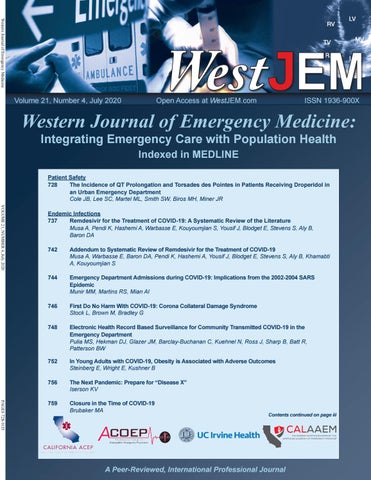
# Research Links Hallucinogen-Related Emergency Visits to Greater Schizophrenia Risk
A comprehensive study carried out in Ontario, Canada, involving 9.2 million people, has revealed a concerning association between emergency department (ED) visits related to hallucinogens and an increased risk of developing schizophrenia. This research, published in *JAMA Psychiatry* on November 13, 2024, indicates that individuals who sought emergency medical assistance due to hallucinogen use were 21 times more likely to be diagnosed with schizophrenia when compared to the general population.
This study raises an essential warning as psychedelics—substances traditionally used for altering perception or consciousness—are being utilized more frequently in both recreational and therapeutic contexts. While there is growing enthusiasm for the potential benefits of psychedelics as alternative treatments for mental health issues, this new research suggests that the associated risks might be greater than previously realized, particularly for those susceptible to psychotic conditions like schizophrenia.
—
## Growing Number of Emergency Room Visits
One of the most remarkable discoveries from this study was the significant rise in hallucinogen-related visits to the emergency room. From 2013 to 2021, these visits surged by an astonishing 86%. Dr. Daniel Myran, the lead researcher from the University of Ottawa, stated, “Our findings highlight a troubling connection between hallucinogen use requiring emergency care and an increased risk of schizophrenia.”
The risk of developing schizophrenia remained significantly elevated even after accounting for other substance-related emergency visits. Compared to those visiting the ER for alcohol-related concerns, individuals with hallucinogen-related visits were 4.7 times more likely to later receive a schizophrenia diagnosis. The risk was 1.5 times higher in comparison to those seeking emergency assistance for cannabis-related issues.
### Study Duration: Health Data from 2008 to 2021
Over a span of 13 years, from 2008 to 2021, the study analyzed health records of millions in Ontario. The extensive nature of the analysis enabled the researchers to closely examine the long-term mental health outcomes for those who faced acute issues due to hallucinogen use that necessitated emergency care. Earlier studies examining the connection between psychedelics and mental health were much smaller, limiting their applicability.
—
## Clinical Significance
The outcomes of this study could have significant implications for recreational users and those considering hallucinogen use for therapeutic purposes. The increasing application of psychedelics such as psilocybin, LSD, and MDMA in clinical contexts for assisting treatment of mental health conditions like anxiety, PTSD, and depression requires careful consideration of these newly uncovered risks.
“Though there is significant excitement about psychedelic-assisted therapy as a new treatment for mental health, we should be aware that the data on both benefits and risks is still early and limited,” cautions Dr. Myran. This study serves as a reminder that psychedelics carry intrinsic risks, particularly for those needing emergency medical care after experiencing adverse reactions.
—
### Risk of Schizophrenia
One of the key findings from the study is that about 4% of individuals who visited the emergency department for a hallucinogen-related issue were later diagnosed with schizophrenia during a three-year follow-up. This discovery reinforces the need for caution, particularly for those who may have an underlying susceptibility to psychosis.
The safety measures observed in clinical trials—such as excluding participants with a personal or family history of schizophrenia—are thus not just precautionary, but potentially life-preserving. For at-risk groups, the research indicates that using hallucinogens in a therapeutic context could lead to serious mental health issues like schizophrenia.
—
## Balancing Excitement with Caution
In recent years, there has been a surge of interest in psychedelics as potential treatments for various mental health disorders. Supporters highlight clinical trials that demonstrate how substances like psilocybin can deliver quick relief for conditions such as depression and PTSD. Nevertheless, many caution that these trials often occur in strictly controlled settings with robust safety protocols. For instance, participants are thoroughly screened, and those with a history of schizophrenia are excluded to reduce the risk of inducing psychosis.
The recent findings underscore that although psychedelic-assisted therapy shows potential, the enthusiasm must be accompanied by a strong emphasis on safety, particularly for individuals at risk for psychotic disorders.
—
## The Conclusion: Prioritize Safety
As public interest in hallucinogens increases—whether for exploration, recreation, or as potential therapeutic options—careful consideration must be given to fully understanding the possible long-term consequences. The potential for beneficial effects may be substantial, but this study clearly indicates that certain individuals encounter significant risks from hallucinogen use, including the likelihood of developing chronic mental health disorders.
The medical community faces the challenge of finding a healthy equilibrium between venturing into this new territory in mental health treatment and maintaining a vigilant and critical approach.